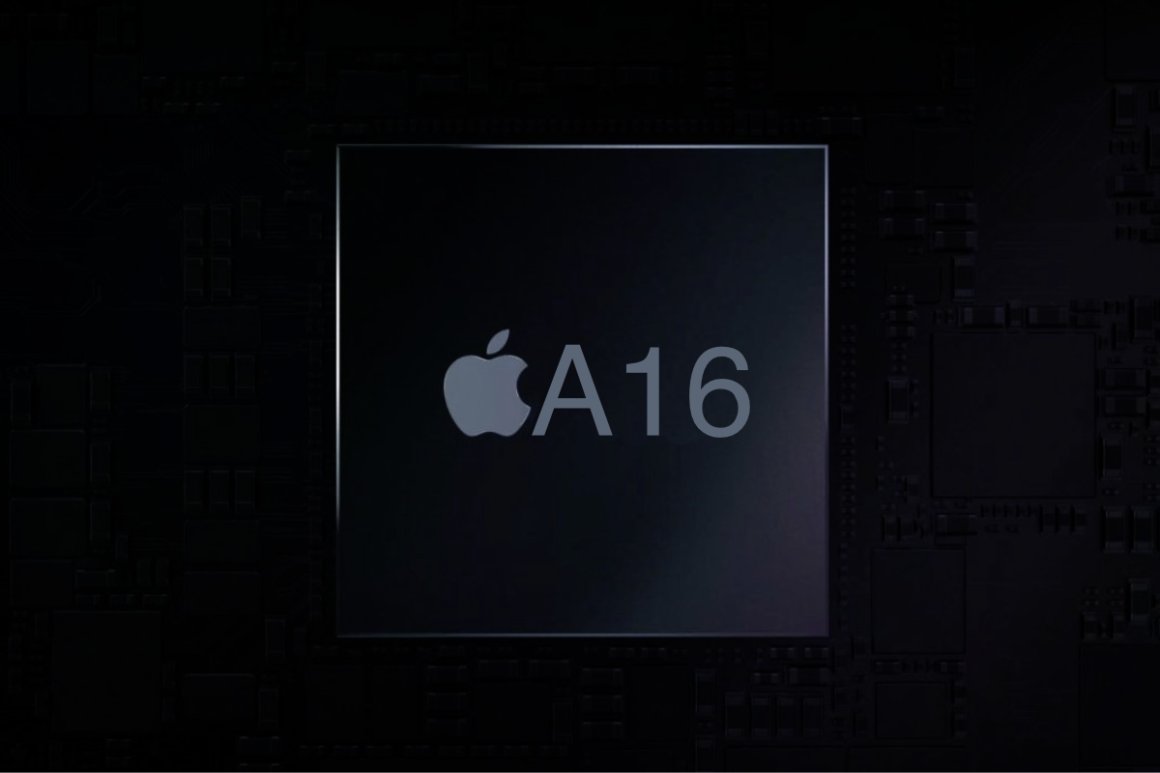A16 Bionic chip for Apple iPhone 14 series will be manifactured by TSMC on 5nm process

Well-known analyst Ming-Chi Kuo reported on Twitter that the Apple A16 chip for the upcoming iPhone 14 will be produced using a 5nm process technology, like Apple A15 and A14. This conclusion was made according to the roadmap of the contract semiconductor manufacturer TSMC - 3 and 4 nm manufacturing processes will become available for mass production only in 2023. This will have a direct impact on the plans of the company's customers.
Here it is worth recalling another forecast by Mr. Kuo, who in March said that only the older iPhone 14 Pro and iPhone 14 Pro Max would get the A16 processor, while the regular iPhone 14 and 14 Max would retain last year’s Apple A15 Bionic, but will increase RAM from 4 to 6 GB. Keeping the same process technology usually means that the chip designer will only be able to increase performance and reduce power consumption to a limited extent. For example, the same Apple A15 Bionic turned out to be 10% more effective in both parameters than its 5-nm predecessor A14 Bionic. The bad news from the analyst does not end there: according to his information, the new generation MacBook Air expected this fall will again run on the M1 processor, like the current model, and the faster M2 will also appear only next year.
Apple could of course make small changes to the current generation chip and call it the M2 purely for marketing purposes. But rather, the new MacBook Air will simply get a more powerful version of the M1 Pro. The processors for the iPhone have never been produced using the same process technology for three years in a row until now - Apple did everything to keep its developments at the forefront, thanks to which it remained ahead of the competition. However, this year may be an unfortunate exception, because this time TSMC, as Apple's main contractor, has not found an opportunity to push the technical boundaries. And the likelihood that any other company will be able to offer sub-5nm production this year is negligible.
Source: 9to5mac.com